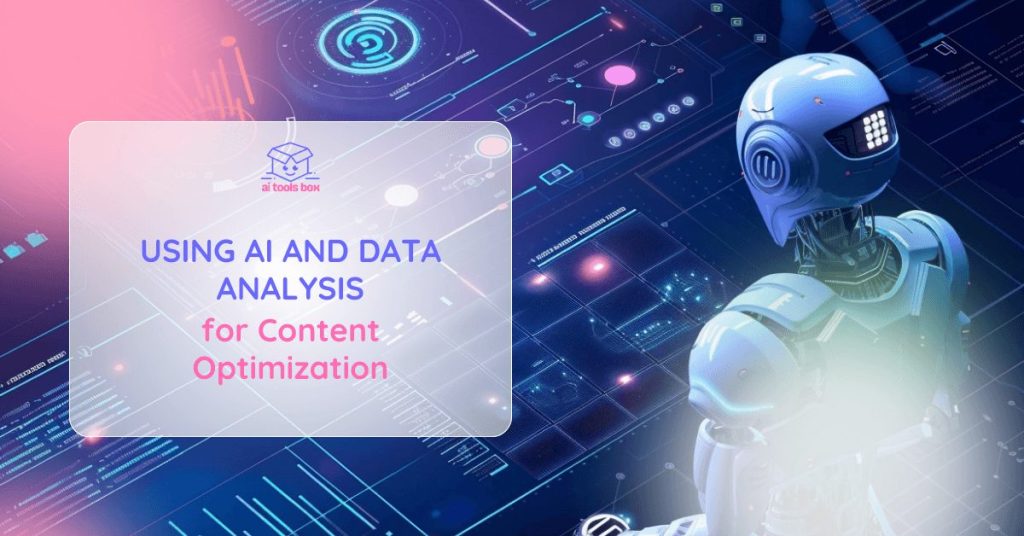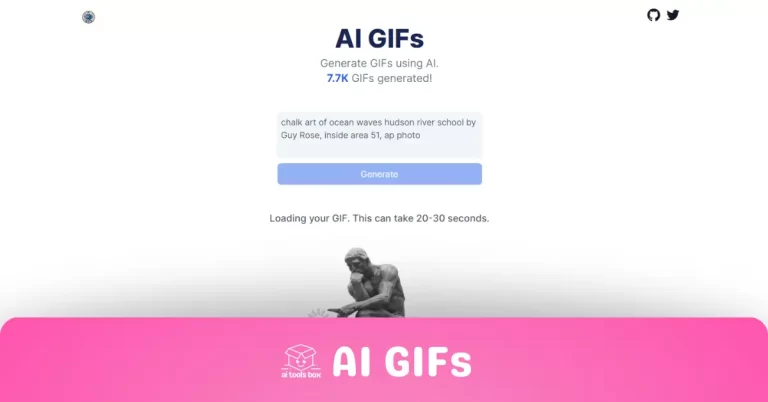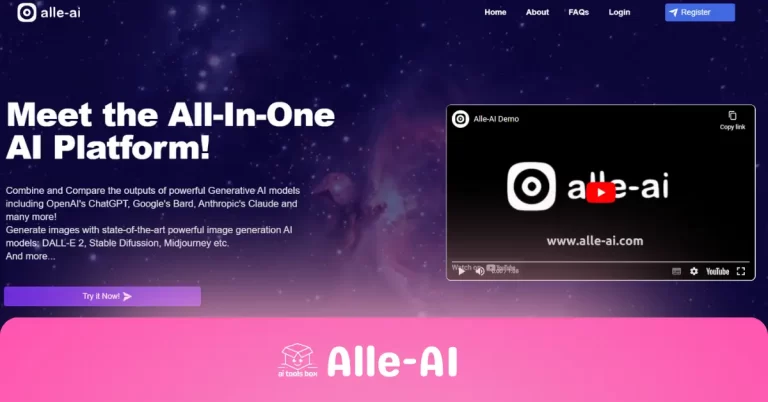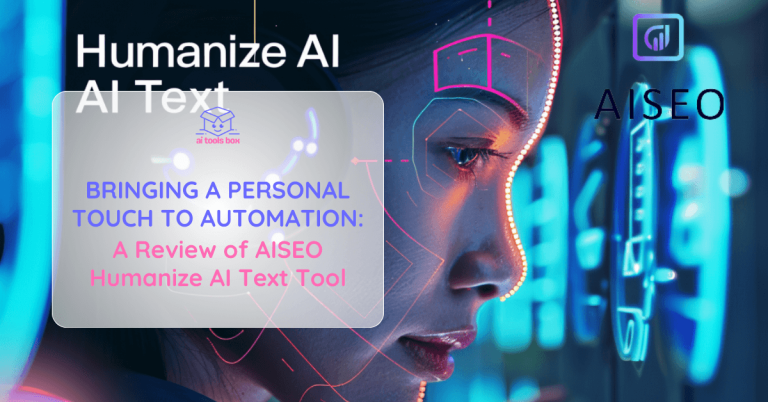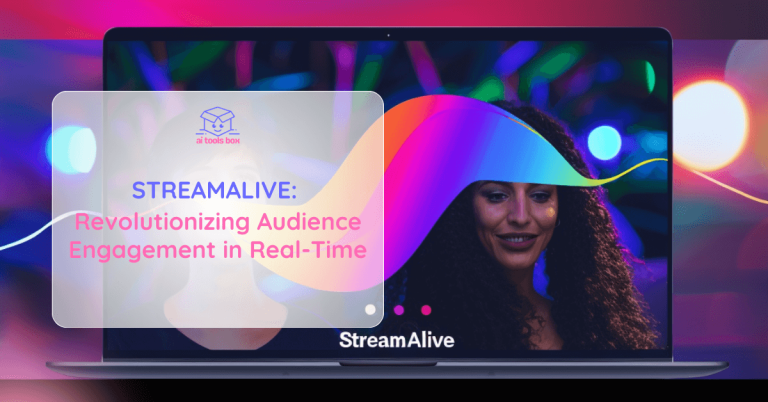In the realm of search engine optimization (SEO), the integration of artificial intelligence (AI) and data analysis is more than just a trend; it's a pivotal shift that is reshaping how we approach content optimization. This article delves into the powerful combination of these technologies, illustrating how they can enhance SEO strategies and boost organic visibility.
The Evolution of SEO with AI and Data Analysis
Traditionally, SEO was a manual, often tedious process, relying heavily on guesswork and rudimentary tools. However, the landscape has dramatically transformed with the advent of AI and sophisticated data analytics. Today, businesses across various sectors—from retail to healthcare—are harnessing these advancements to refine their digital marketing efforts and achieve remarkable results.

AI in SEO automates and enhances numerous tasks, such as keyword research, content creation, and user experience optimization, with unprecedented precision and efficiency. Simultaneously, data analysis provides a deep dive into user behaviors and market trends, enabling marketers to make informed, strategic decisions that align with both search engine algorithms and customer expectations.
This section will explore the core components of AI and data analysis, their roles in modern SEO, and the tangible benefits they offer to businesses striving to enhance their online presence.
Understanding AI and Data Analysis in SEO
What is AI?
Artificial Intelligence (AI) refers to the capability of computer systems to perform tasks that typically require human intelligence. This includes capabilities like understanding natural language, recognizing patterns, and making decisions. AI's integration into SEO revolves around automating and refining processes such as content generation, keyword analysis, and even technical site audits.
The Role of Data Analysis in SEO
Data analysis in SEO involves scrutinizing extensive datasets to extract patterns, trends, and insights. This analytical approach is crucial for understanding user interactions, gauging content effectiveness, and identifying the strengths and weaknesses of existing SEO strategies. By leveraging data, SEO professionals can craft more targeted, effective campaigns that are likely to result in higher search rankings and improved user engagement.
Benefits of AI and Data Analysis in Content Optimization
Incorporating AI and data analysis into SEO offers several key advantages:
- Efficiency: AI-powered tools can significantly reduce the time spent on routine tasks such as keyword research and data compilation, freeing up marketers to focus on strategy and content quality.
- Accuracy: With the ability to process and analyze large volumes of data at incredible speeds, AI minimizes human error and enhances the precision of SEO tactics.
- Personalization: AI's ability to parse detailed user data enables the creation of personalized content strategies that cater to individual preferences and behaviors, potentially increasing engagement and conversion rates.
- Scalability: AI facilitates the application of SEO strategies on a much larger scale than would be feasible manually. Whether adjusting content across different platforms or managing numerous SEO campaigns, AI provides the capability to handle these complexities more efficiently.
- Competitive Edge: Staying ahead in SEO requires keeping up with or setting industry trends. AI and data analysis not only provide insights into current trends but also predict future shifts, giving businesses a competitive advantage.
Leveraging AI for Keyword Research
Keyword research is a fundamental aspect of SEO, and AI has revolutionized this process by offering tools that are not only faster but also more insightful.

AI-Driven Keyword Research Tools
Modern AI-driven keyword research tools use algorithms to analyze search trends, competition levels, and user intent. These tools can suggest a broad range of relevant keywords, including those that might not be immediately obvious but have the potential to drive targeted traffic. The insights provided include data on high-volume keywords, long-tail keywords, and semantic variations, enabling SEO professionals to develop a comprehensive keyword strategy.
Identifying Long-Tail Keywords
Long-tail keywords are extended phrases that are highly specific and often less competitive than more general keywords. AI excels at identifying these niche phrases by analyzing vast amounts of search data and user queries. Integrating long-tail keywords into content can attract a more targeted audience, improving both visibility and conversion rates.
Analyzing Keyword Competitiveness
AI-powered tools assess keyword competitiveness by evaluating factors like search volume, difficulty level, and existing competitor rankings. This analysis helps SEO experts prioritize their efforts on keywords that offer the best potential return on investment, optimizing their resources and maximizing impact.
Enhancing Content Quality with AI
Quality content is the cornerstone of effective SEO. AI enhances this aspect by assisting in the creation of well-written, engaging, and optimized content.
AI-Powered Grammar and Spelling Checks
Tools like AI-driven grammar and spelling checkers are essential for ensuring content is professional and error-free. These tools use advanced natural language processing (NLP) algorithms to detect and correct errors, which not only improves readability but also the site's credibility and search engine ranking.
Natural Language Processing for Improved Readability
AI employs NLP to evaluate and enhance the readability of content. It analyzes sentence structure, paragraph length, and overall text flow, offering suggestions that can make content more accessible and enjoyable for readers.
Sentiment Analysis for Engaging Tone
Sentiment analysis, another powerful AI technique, assesses the emotional tone of content. This ensures that the material resonates with its intended audience, effectively communicating the desired message and enhancing user engagement.
Optimizing On-Page Factors with AI
AI can also play a crucial role in optimizing on-page SEO factors, improving both the user experience and the visibility of the content in search engines.
AI-Assisted Content Structuring
An organized content structure is vital for both readability and SEO. AI algorithms can suggest optimal content layouts, including the use of headings, subheadings, and bullet points, which help in organizing the content more effectively and enhancing its appeal to both users and search engines.
AI-Driven Content Recommendations
Based on user behavior and historical data, AI-powered content recommendation engines can suggest relevant content to website visitors. This not only improves user engagement but also increases the time spent on the site, which is a positive signal to search engines.
Using AI to Improve Meta Tags and Descriptions
Finally, AI can generate optimized meta tags and descriptions that are more likely to capture user interest and improve click-through rates. By analyzing the main content and extracting key phrases, AI tools can create concise and effective descriptions that align with search engine guidelines.

Leveraging Data Analysis for SEO
Data analysis is indispensable in the field of SEO as it provides deep insights into user behavior and content performance, allowing for more refined and effective strategies.
Analyzing User Behavior Metrics
Understanding user behavior metrics such as bounce rate, time on page, and conversion rate is crucial. Data analysis tools enable SEO professionals to delve into these metrics, uncovering patterns and preferences that dictate user behavior. Insights gained can be used to optimize content, structure, and on-site behavior flows, which not only improve user engagement but also SEO rankings.

Tracking and Refining SEO Strategies
Continuous improvement is key to maintaining and enhancing SEO performance. By regularly analyzing data, SEO experts can track the effectiveness of their strategies and tactics. Key performance indicators (KPIs), such as organic traffic, keyword rankings, and backlink quality, are monitored to assess progress and inform adjustments. This iterative process ensures strategies remain relevant and effective over time.
Identifying Content Gaps and Opportunities
Data analysis also helps in identifying content gaps—topics or questions that are searched for but not adequately covered by existing content on the website. Filling these gaps with high-quality content can drive additional traffic and improve the site's authority and relevance.
Utilizing AI for Link Building
Link building remains a critical SEO strategy, and AI is transforming this arena by automating and enhancing the identification and cultivation of link opportunities.
AI-Enhanced Link Prospecting
AI algorithms can sift through vast amounts of data to identify potential link-building opportunities, such as relevant blogs, forums, and other platforms where backlinks would be beneficial. By evaluating factors like domain authority and topical relevance, AI helps streamline the prospecting process, making it more efficient and targeted.
Analyzing Link Quality and Authority
Quality over quantity in link building leads to better SEO outcomes. AI tools assess the quality and authority of backlinks by examining link relevancy, anchor text diversity, and the authority of the referring domains. This analysis assists in refining link-building strategies by focusing efforts on acquiring high-quality links that have a substantial impact on SEO.
Automating Outreach and Relationship Building
AI-powered tools can also automate aspects of the outreach process, such as generating personalized email templates and managing follow-ups. This automation allows SEO professionals to maintain and nurture relationships with potential link partners more efficiently, enhancing the effectiveness of link-building campaigns.
The Ethics of AI in SEO
As AI becomes more integrated into SEO practices, addressing ethical considerations is essential to maintain trust and fairness.
Ensuring Transparency and Fairness
It is vital for SEO professionals to operate transparently when using AI tools, clearly disclosing their use to stakeholders and ensuring that the AI systems are free from biases that could skew results unfairly.
Avoiding Unethical SEO Practices
While AI can significantly enhance SEO capabilities, it is crucial to steer clear of unethical practices like keyword stuffing or manipulation of search results. Adhering to search engine guidelines and focusing on creating genuine, user-centered content is imperative for long-term success.
Balancing AI with Human Creativity
Although AI provides numerous benefits in automating and optimizing SEO tasks, the human element remains irreplaceable. Creative thinking, strategic insight, and ethical considerations require a human touch. Balancing AI capabilities with human creativity ensures that SEO strategies are not only effective but also resonate on a human level.
AI and data analysis have ushered in a new era of content optimization in SEO. By leveraging advanced AI-driven tools and comprehensive data analysis, SEO professionals can enhance their strategies, making them more effective and efficient. However, maintaining ethical standards and balancing technological advantages with human creativity is crucial for achieving sustainable, long-term success in SEO.
